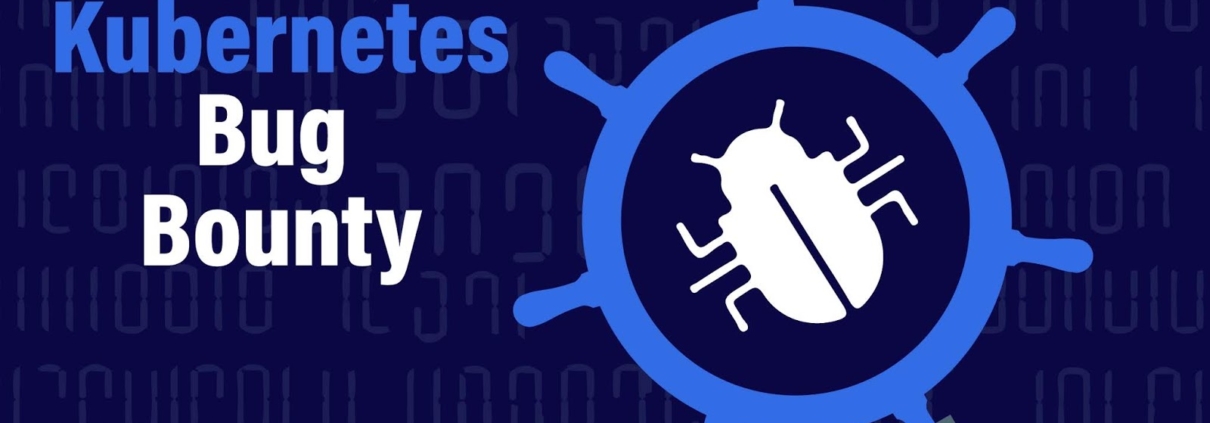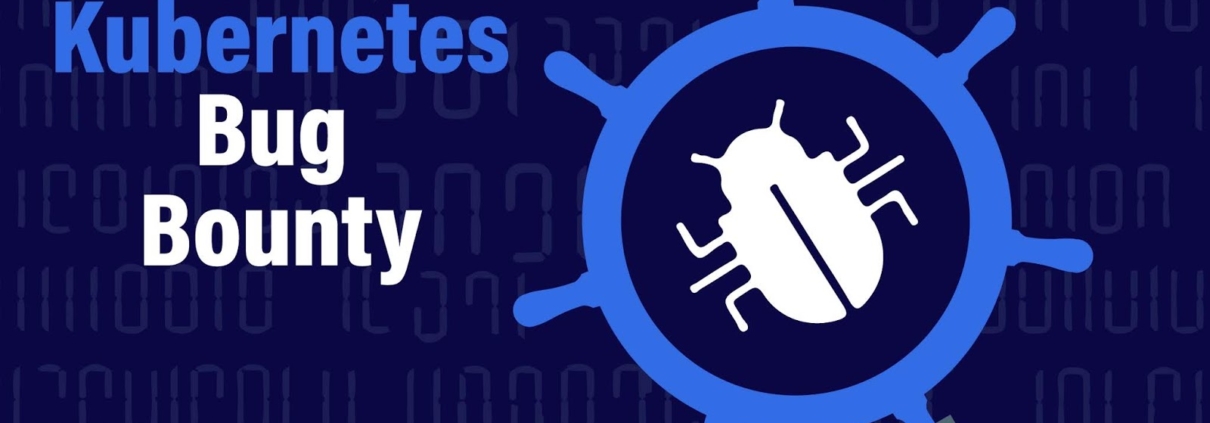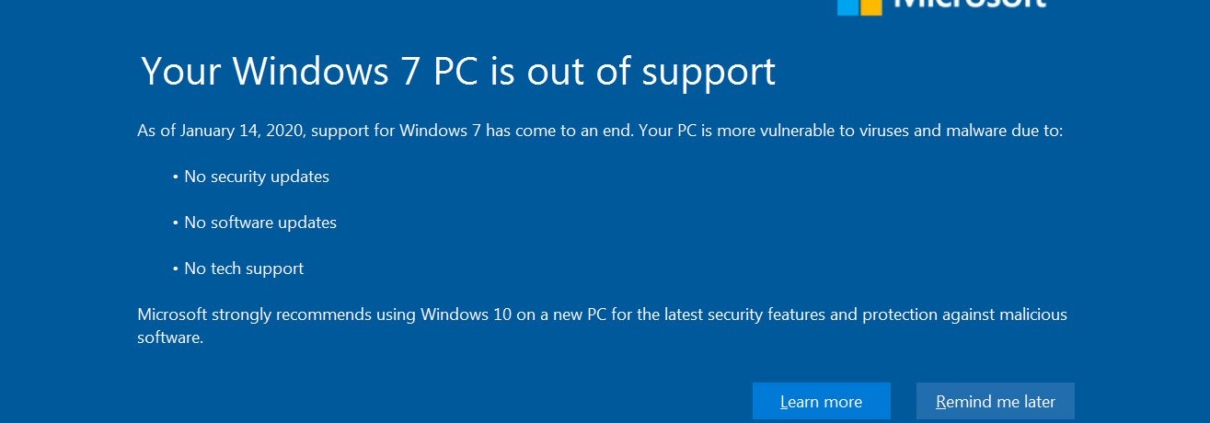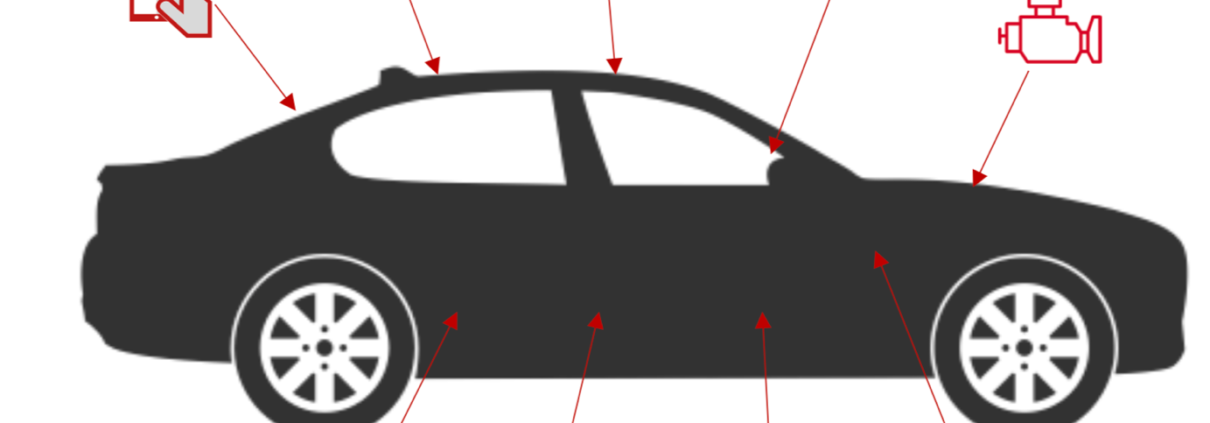At Google, we care deeply about the security of open-source projects, as they’re such a critical part of our infrastructure—and indeed everyone’s. Today, the Cloud-Native Computing Foundation (CNCF) announced a new bug bounty program for Kubernetes that we helped create and get up and running. Here’s a brief overview of the program, other ways we help secure open-source projects and information on how you can get involved.
Launching the Kubernetes bug bounty program
Kubernetes is a CNCF project. As part of its graduation criteria, the CNCF recently funded the project’s first security audit, to review its core areas and identify potential issues. The audit identified and addressed several previously unknown security issues. Thankfully, Kubernetes already had a Product Security Committee, including engineers from the Google Kubernetes Engine (GKE) security team, who respond to and patch any newly discovered bugs. But the job of securing an open-source project is never done. To increase awareness of Kubernetes’ security model, attract new security researchers, and reward ongoing efforts in the community, the Kubernetes Product Security Committee began discussions in 2018 about launching an official bug bounty program.
Find Kubernetes bugs, get paid
The bug bounty program has been in a private release for several months, with invited researchers submitting bugs and to help us test the triage process. And today, the new Kubernetes bug bounty program is live! We’re excited to see what kind of bugs you discover, and are ready to respond to new reports. You can learn more about the program and how to get involved here.
Dedicated to Kubernetes security
Google has been involved in this new Kubernetes bug bounty from the get-go: proposing the program, completing vendor evaluations, defining the initial scope, testing the process, and onboarding HackerOne to implement the bug bounty solution. Though this is a big effort, it’s part of our ongoing commitment to securing Kubernetes. Google continues to be involved in every part of Kubernetes security, including responding to vulnerabilities as part of the Kubernetes Product Security Committee, chairing the sig-auth Kubernetes special interest group, and leading the aforementioned Kubernetes security audit. We realize that security is a critical part of any user’s decision to use an open-source tool, so we dedicate resources to help ensure we’re providing the best possible security for Kubernetes and GKE.
Although the Kubernetes bug bounty program is new, it isn’t a novel strategy for Google. We have enjoyed a close relationship with the security research community for many years and, in 2010, Google established our own Vulnerability Rewards Program (VRP). The VRP provides rewards for vulnerabilities reported in GKE and virtually all other Google Cloud services. (If you find a bug in GKE that isn’t specific to Kubernetes core, you should still report it to the Google VRP!) Nor is Kubernetes the only open-source project with a bug bounty program. In fact, we recently expanded our Patch Rewards program to provide financial rewards both upfront and after-the-fact for security improvements to open-source projects.









